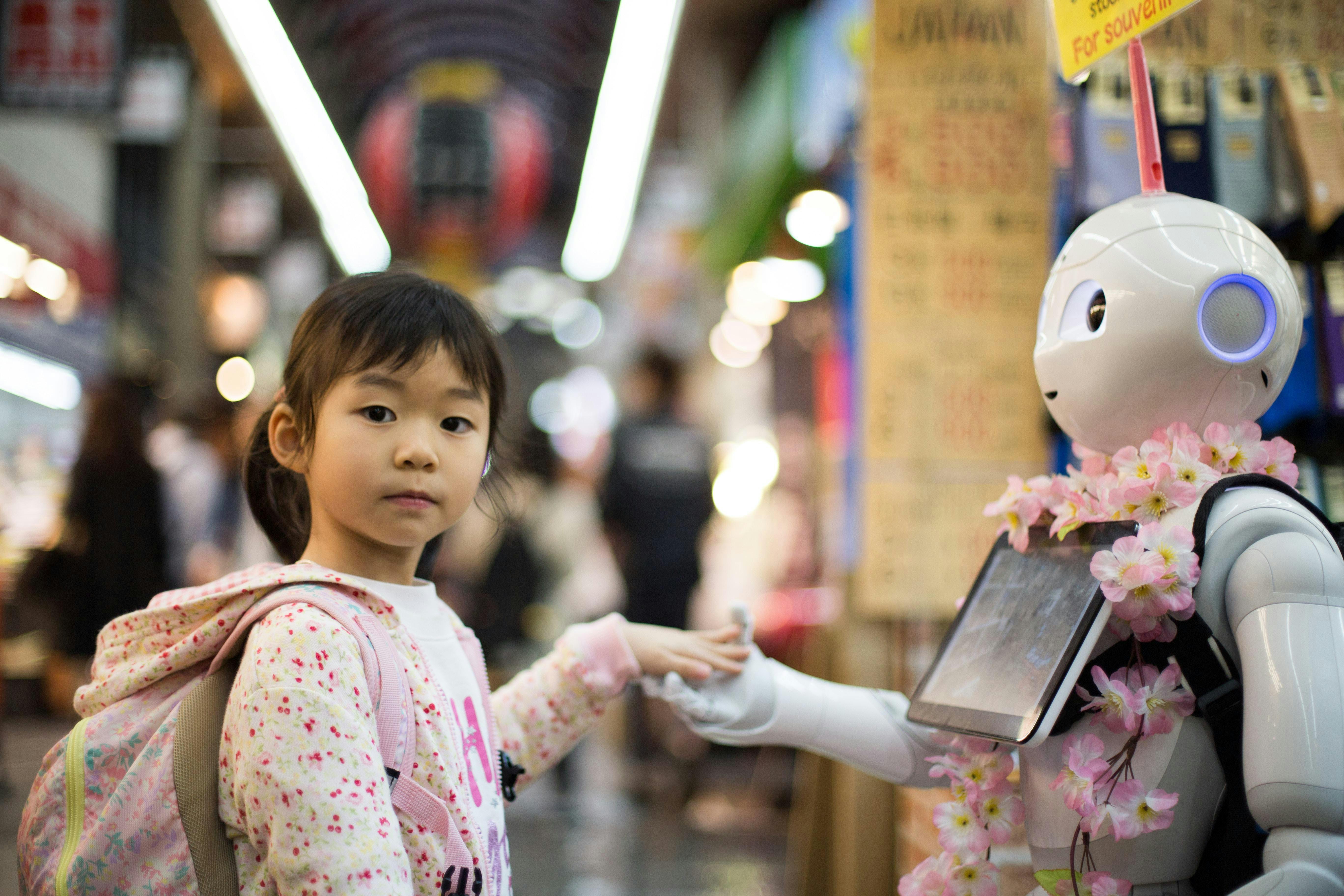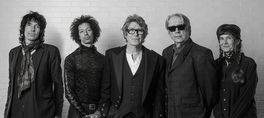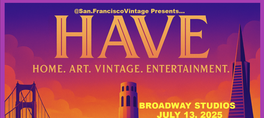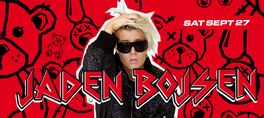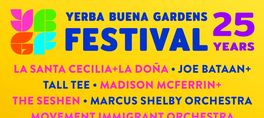Wed March 6, 2019
Social Robots of the Future: A Conversation with John Campbell and Alexander Reben
SEE EVENT DETAILS
Machines have traditionally been used to perform tasks that humans find arduous or slow. Social robots—robots with which people naturally interact as they would with another human—open the possibility of automating more complex tasks. Social robots could help us look after aging parents, or teach children. They could act as your personal wellness coach, or even your sous chef in the kitchen.
Our increasing interactions with social robots bring up many questions and looming moral dilemmas. To what extent can social tasks be automated, and is their automation desirable? How closely can interaction with fairly simple machines mimic ordinary human interaction? We ordinarily value authenticity in our interactions with other people, but does it make sense to aspire to something similar in our interactions with machines? Some people have argued that social robots should have legal protection—that their wanton destruction, for example, should be prohibited, even by their owners. Is this a sensible idea?
Join philosophy professor John Campbell and roboticist Alexander Reben for a conversation exploring the possibilities and limits of human interaction with social robots.
Alexander Reben is an artist and roboticist who explores humanity through the lens of art and technology. His work probes the inherently human nature of the artificial. Using tools such as artificial philosophy, synthetic psychology, perceptual manipulation and technological magic, he brings to light our inseparable evolutionary entanglement to invention which has unarguably shaped our way of being. This is done to not only help understand who we are, but to consider who we will become in our continued co-development with our artificial creations.
Using “art as experiment” his work allows for the viewer to experience the future within metaphorical contexts. His artwork and research have been shown and published internationally, and he consults with major companies, guiding innovation for the social machine future. He has exhibited at venues including The Vitra Design Museum, The MAK Museum Vienna, The Design Museum Ghent, The Vienna Biennale, ARS Electronica, VOLTA, TFI Interactive, IDFA, The Tribeca Film Festival, The Camden Film Festival, Doc/Fest, and The Boston Cyberarts Gallery. His work has been covered by NPR, The Wall Street Journal, The New York Times, Washington Post, Fast Company, Filmmaker Magazine, New Scientist, BBC, PBS, Discovery Channel, Cool Hunting and WIRED, among others.
He has lectured at TED, SXSW, TTI Vanguard, Google, UC Berkeley, SMFA, CCA, MIT, and other universities. Alexander has built robots for NASA, and is a graduate of the MIT Media Lab, where he studied human-robot symbiosis and art. He is a 2016-2017 WIRED innovation fellow, a Stochastic Labs Resident, and a recent visiting scholar in the UC Berkeley psychology department.
John Campell is interested in theory of meaning, metaphysics, and the philosophy of psychology. He is currently working on causation in psychology. He was Wilde Professor of Mental Philosophy at the University of Oxford, and Professorial Fellow of Corpus Christi College, Oxford, before coming to UC Berkeley as Willis S. and Marion Slusser Professor of Philosophy in 2004.
He is the author of Past, Space and Self, Reference and Consciousness, and Berkeley's Puzzle (with Quassim Cassam). He was President of the European Society for Philosophy and Psychology 2003-2006. He has given the Whitehead Lectures at Harvard, the Carnap Lectures at Bochum, the Simon Lectures at Toronto, the Clark Lecture at Indiana and the Gramlich Lecture at Dartmouth. He was Fellow of the Center for Advanced Study in the Behavioral Sciences at Stanford in 2003-2004, and British Academy Research Reader 1995-1997. He has held Guggenheim and NEH Fellowships. He was awarded the Jean Nicod Prize in 2017.
show less
Our increasing interactions with social robots bring up many questions and looming moral dilemmas. To what extent can social tasks be automated, and is their automation desirable? How closely can interaction with fairly simple machines mimic ordinary human interaction? We ordinarily value authenticity in our interactions with other people, but does it make sense to aspire to something similar in our interactions with machines? Some people have argued that social robots should have legal protection—that their wanton destruction, for example, should be prohibited, even by their owners. Is this a sensible idea?
Join philosophy professor John Campbell and roboticist Alexander Reben for a conversation exploring the possibilities and limits of human interaction with social robots.
Alexander Reben is an artist and roboticist who explores humanity through the lens of art and technology. His work probes the inherently human nature of the artificial. Using tools such as artificial philosophy, synthetic psychology, perceptual manipulation and technological magic, he brings to light our inseparable evolutionary entanglement to invention which has unarguably shaped our way of being. This is done to not only help understand who we are, but to consider who we will become in our continued co-development with our artificial creations.
Using “art as experiment” his work allows for the viewer to experience the future within metaphorical contexts. His artwork and research have been shown and published internationally, and he consults with major companies, guiding innovation for the social machine future. He has exhibited at venues including The Vitra Design Museum, The MAK Museum Vienna, The Design Museum Ghent, The Vienna Biennale, ARS Electronica, VOLTA, TFI Interactive, IDFA, The Tribeca Film Festival, The Camden Film Festival, Doc/Fest, and The Boston Cyberarts Gallery. His work has been covered by NPR, The Wall Street Journal, The New York Times, Washington Post, Fast Company, Filmmaker Magazine, New Scientist, BBC, PBS, Discovery Channel, Cool Hunting and WIRED, among others.
He has lectured at TED, SXSW, TTI Vanguard, Google, UC Berkeley, SMFA, CCA, MIT, and other universities. Alexander has built robots for NASA, and is a graduate of the MIT Media Lab, where he studied human-robot symbiosis and art. He is a 2016-2017 WIRED innovation fellow, a Stochastic Labs Resident, and a recent visiting scholar in the UC Berkeley psychology department.
John Campell is interested in theory of meaning, metaphysics, and the philosophy of psychology. He is currently working on causation in psychology. He was Wilde Professor of Mental Philosophy at the University of Oxford, and Professorial Fellow of Corpus Christi College, Oxford, before coming to UC Berkeley as Willis S. and Marion Slusser Professor of Philosophy in 2004.
He is the author of Past, Space and Self, Reference and Consciousness, and Berkeley's Puzzle (with Quassim Cassam). He was President of the European Society for Philosophy and Psychology 2003-2006. He has given the Whitehead Lectures at Harvard, the Carnap Lectures at Bochum, the Simon Lectures at Toronto, the Clark Lecture at Indiana and the Gramlich Lecture at Dartmouth. He was Fellow of the Center for Advanced Study in the Behavioral Sciences at Stanford in 2003-2004, and British Academy Research Reader 1995-1997. He has held Guggenheim and NEH Fellowships. He was awarded the Jean Nicod Prize in 2017.
Machines have traditionally been used to perform tasks that humans find arduous or slow. Social robots—robots with which people naturally interact as they would with another human—open the possibility of automating more complex tasks. Social robots could help us look after aging parents, or teach children. They could act as your personal wellness coach, or even your sous chef in the kitchen.
Our increasing interactions with social robots bring up many questions and looming moral dilemmas. To what extent can social tasks be automated, and is their automation desirable? How closely can interaction with fairly simple machines mimic ordinary human interaction? We ordinarily value authenticity in our interactions with other people, but does it make sense to aspire to something similar in our interactions with machines? Some people have argued that social robots should have legal protection—that their wanton destruction, for example, should be prohibited, even by their owners. Is this a sensible idea?
Join philosophy professor John Campbell and roboticist Alexander Reben for a conversation exploring the possibilities and limits of human interaction with social robots.
Alexander Reben is an artist and roboticist who explores humanity through the lens of art and technology. His work probes the inherently human nature of the artificial. Using tools such as artificial philosophy, synthetic psychology, perceptual manipulation and technological magic, he brings to light our inseparable evolutionary entanglement to invention which has unarguably shaped our way of being. This is done to not only help understand who we are, but to consider who we will become in our continued co-development with our artificial creations.
Using “art as experiment” his work allows for the viewer to experience the future within metaphorical contexts. His artwork and research have been shown and published internationally, and he consults with major companies, guiding innovation for the social machine future. He has exhibited at venues including The Vitra Design Museum, The MAK Museum Vienna, The Design Museum Ghent, The Vienna Biennale, ARS Electronica, VOLTA, TFI Interactive, IDFA, The Tribeca Film Festival, The Camden Film Festival, Doc/Fest, and The Boston Cyberarts Gallery. His work has been covered by NPR, The Wall Street Journal, The New York Times, Washington Post, Fast Company, Filmmaker Magazine, New Scientist, BBC, PBS, Discovery Channel, Cool Hunting and WIRED, among others.
He has lectured at TED, SXSW, TTI Vanguard, Google, UC Berkeley, SMFA, CCA, MIT, and other universities. Alexander has built robots for NASA, and is a graduate of the MIT Media Lab, where he studied human-robot symbiosis and art. He is a 2016-2017 WIRED innovation fellow, a Stochastic Labs Resident, and a recent visiting scholar in the UC Berkeley psychology department.
John Campell is interested in theory of meaning, metaphysics, and the philosophy of psychology. He is currently working on causation in psychology. He was Wilde Professor of Mental Philosophy at the University of Oxford, and Professorial Fellow of Corpus Christi College, Oxford, before coming to UC Berkeley as Willis S. and Marion Slusser Professor of Philosophy in 2004.
He is the author of Past, Space and Self, Reference and Consciousness, and Berkeley's Puzzle (with Quassim Cassam). He was President of the European Society for Philosophy and Psychology 2003-2006. He has given the Whitehead Lectures at Harvard, the Carnap Lectures at Bochum, the Simon Lectures at Toronto, the Clark Lecture at Indiana and the Gramlich Lecture at Dartmouth. He was Fellow of the Center for Advanced Study in the Behavioral Sciences at Stanford in 2003-2004, and British Academy Research Reader 1995-1997. He has held Guggenheim and NEH Fellowships. He was awarded the Jean Nicod Prize in 2017.
read more
Our increasing interactions with social robots bring up many questions and looming moral dilemmas. To what extent can social tasks be automated, and is their automation desirable? How closely can interaction with fairly simple machines mimic ordinary human interaction? We ordinarily value authenticity in our interactions with other people, but does it make sense to aspire to something similar in our interactions with machines? Some people have argued that social robots should have legal protection—that their wanton destruction, for example, should be prohibited, even by their owners. Is this a sensible idea?
Join philosophy professor John Campbell and roboticist Alexander Reben for a conversation exploring the possibilities and limits of human interaction with social robots.
Alexander Reben is an artist and roboticist who explores humanity through the lens of art and technology. His work probes the inherently human nature of the artificial. Using tools such as artificial philosophy, synthetic psychology, perceptual manipulation and technological magic, he brings to light our inseparable evolutionary entanglement to invention which has unarguably shaped our way of being. This is done to not only help understand who we are, but to consider who we will become in our continued co-development with our artificial creations.
Using “art as experiment” his work allows for the viewer to experience the future within metaphorical contexts. His artwork and research have been shown and published internationally, and he consults with major companies, guiding innovation for the social machine future. He has exhibited at venues including The Vitra Design Museum, The MAK Museum Vienna, The Design Museum Ghent, The Vienna Biennale, ARS Electronica, VOLTA, TFI Interactive, IDFA, The Tribeca Film Festival, The Camden Film Festival, Doc/Fest, and The Boston Cyberarts Gallery. His work has been covered by NPR, The Wall Street Journal, The New York Times, Washington Post, Fast Company, Filmmaker Magazine, New Scientist, BBC, PBS, Discovery Channel, Cool Hunting and WIRED, among others.
He has lectured at TED, SXSW, TTI Vanguard, Google, UC Berkeley, SMFA, CCA, MIT, and other universities. Alexander has built robots for NASA, and is a graduate of the MIT Media Lab, where he studied human-robot symbiosis and art. He is a 2016-2017 WIRED innovation fellow, a Stochastic Labs Resident, and a recent visiting scholar in the UC Berkeley psychology department.
John Campell is interested in theory of meaning, metaphysics, and the philosophy of psychology. He is currently working on causation in psychology. He was Wilde Professor of Mental Philosophy at the University of Oxford, and Professorial Fellow of Corpus Christi College, Oxford, before coming to UC Berkeley as Willis S. and Marion Slusser Professor of Philosophy in 2004.
He is the author of Past, Space and Self, Reference and Consciousness, and Berkeley's Puzzle (with Quassim Cassam). He was President of the European Society for Philosophy and Psychology 2003-2006. He has given the Whitehead Lectures at Harvard, the Carnap Lectures at Bochum, the Simon Lectures at Toronto, the Clark Lecture at Indiana and the Gramlich Lecture at Dartmouth. He was Fellow of the Center for Advanced Study in the Behavioral Sciences at Stanford in 2003-2004, and British Academy Research Reader 1995-1997. He has held Guggenheim and NEH Fellowships. He was awarded the Jean Nicod Prize in 2017.
show less
Date/Times:
1453 Mission Street, San Francisco, CA 94103
The Best Events
Every Week in Your Inbox
From Our Sponsors
UPCOMING EVENTS
Great suggestion! We'll be in touch.
Event reviewed successfully.
